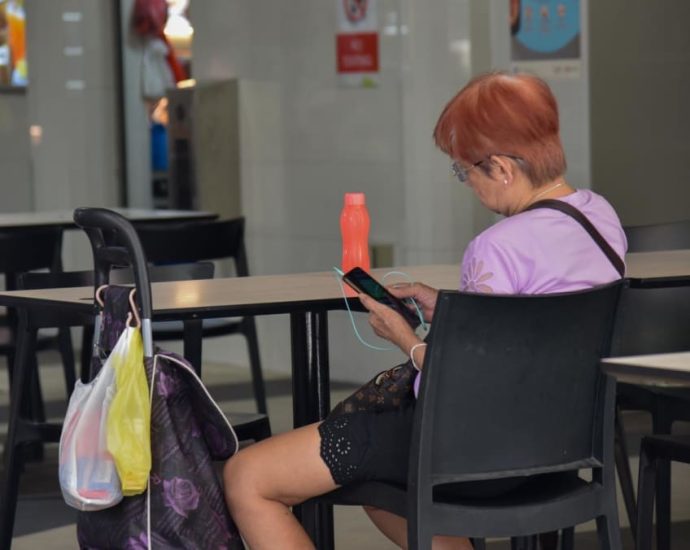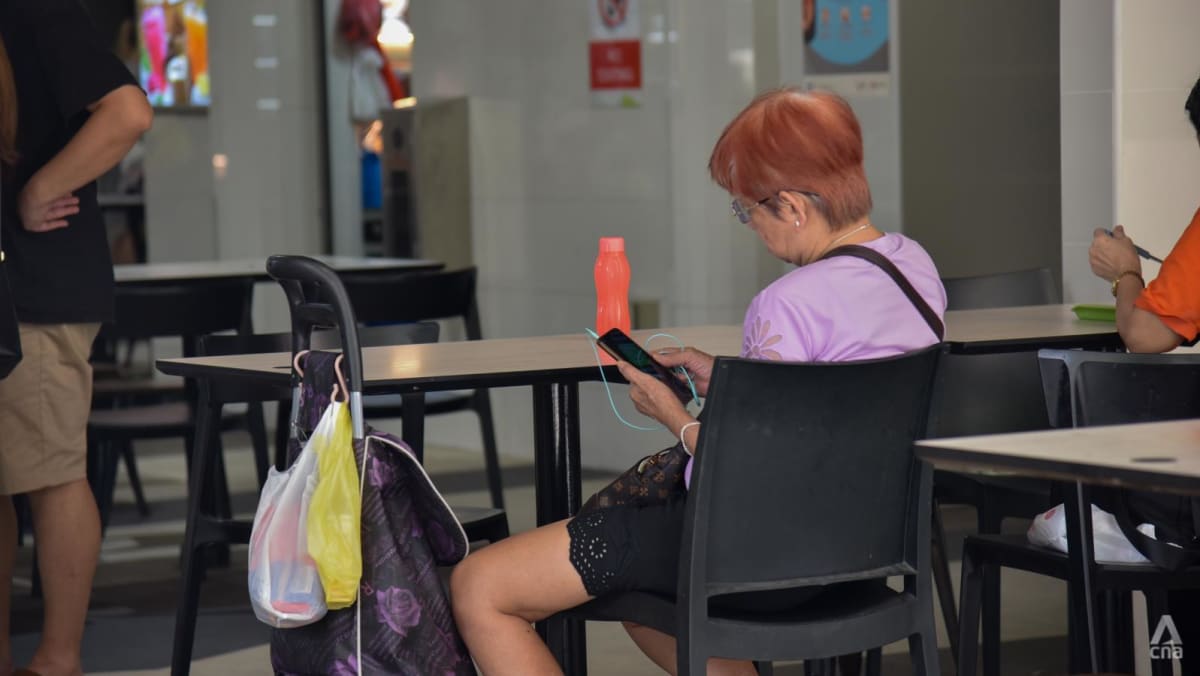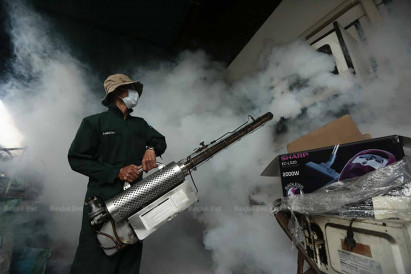Multiple sclerosis affects more women than men in Singapore: What treatments help fight this autoimmune disease?

Secondary progressive MS (SPMS): This is the second stage of MS diagnosis and often a progression of RRMS where the disease becomes more severe, without improvement in the symptoms or any remissions. SPMS symptoms show more nerve damage, which indicates steady progression of the disease.
Without treatment, 50 per cent of people with RRMS get SPMS within 10 years while almost 90 per cent of RRMS cases develop into SPSS in 25 years.
Primary progressive MS (PPMS): The rarest of MS cases, where symptoms accumulate, and neurologic functions and ability worsen. This type of MS accounts for 10 to 15 per cent of all MS diagnoses and affects both men and women equally.
PPMS tends to be diagnosed in people in their 40s and 50s. Those with PPMS tend to have more problems with walking, along with other symptoms that become more severe.
MULTIPLE SCLERORIS AFFECTS MORE WOMEN THAN MEN
Dr Quek said that in Singapore, multiple sclerosis affects more women: ”Four in five MS patients are women.”
It’s not fully understood why more women than men develop MS, she said. Researchers have proposed explanations that involve an “interaction between genes, hormones and differences in the immune system” but more research is needed.
According to this Johns Hopkins report, a woman’s nervous and immune system is different to that of a man’s, and coupled with hormonal fluctuations, may be why MS is more common in women.
A University of Pennsylvania study stated that women suffering from MS find their mobility impacted, and their MS symptoms can flare up during their menstrual cycle and at menopause.
The Multiple Sclerosis Society in the United Kingdom also said that some contraceptives may increase the risk for blood clots due to mobility issues from nerve damage, leading medical experts to say there is a risk of clotting using certain birth control.
MULTIPLE SCLEROSIS IN PREGNANCY AND MENOPAUSE
There is a common misconception that MS affects fertility in women and the hormonal changes during pregnancy can worsen the disease, said Dr Quek.
However, she said that while MS often affects women who are diagnosed in their child-bearing years, patients with multiple sclerosis are just as likely to become pregnant and have a healthy pregnancy and baby as their peers without MS.
“Studies have even shown a decrease in the frequency of MS relapses during pregnancy,” she said.




















